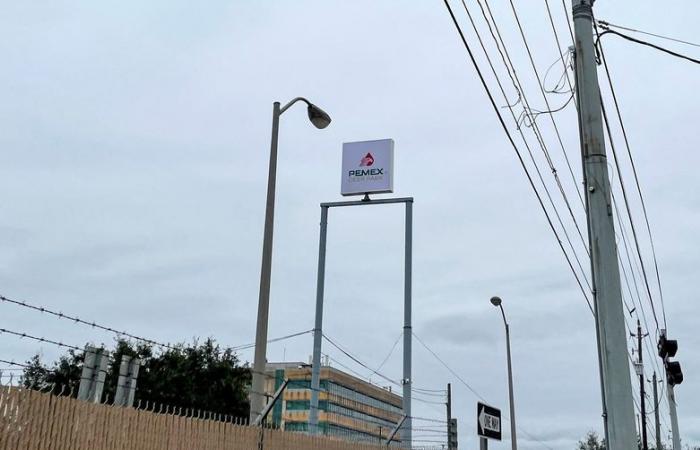
((Automated translation by Reuters, please see disclaimer https://bit.ly/rtrsauto)) by Mrinalika Roy
Shale gas producers in the U.S. Permian Basin are probing data center operators that are boosting their capacity to fuel a boom in AI applications, aiming to ease pressure from a nearly two-year slump years of raw material prices.
Devon Energy
DVN.N
, Expand Energy EXE.O , Diamondback Energy
FANG.O and Permian Resources PR.N highlighted the potential of AI and data centers to boost gas demand and said they were in initial discussions with many operators.
The energy needs of U.S. data centers could increase gas demand by 3 to 6 billion cubic feet per day (bcfd), according to estimates from S&P Global Ratings. The agency expects energy demand for U.S. data centers to increase 12% annually through the end of 2030.
“The expectation of a dramatic shift in electricity demand has created opportunities to increase dialogue around the potential for power generation and data projects in the Permian Basin” of West Texas and New -Mexico, James Walter, co-CEO of Permian Resources, said earlier this month.
The abundant and cheap gas, vast acreage, favorable regulatory environment and long-lasting inventories could make the region an attractive proposition for data center developers.
The persistent weakness of gas prices fuels this reflection. Average monthly spot prices at the US benchmark Henry Hub fell to a 32-year low in March and remained low.
“Rather than continuing to have low margins on our gas…we’re trying to find a creative way to turn some of that natural gas into added value for our shareholders,” said Travis Stice, chief executive officer of Diamondback Energy.
Constraints on data center expansion in Texas due to power grid limitations could pave the way for three-way deals involving operators, utilities and data center developers, analysts told Reuters.
“That’s the most likely path we (are) going to take…I don’t think a lot of operators are willing to invest in building power plants,” said Carson Kearl, of the Enverus energy research institute.
CARBON FOOTPRINT
Operators interested in developing any carbon capture and storage (CCS) operation around gas-fired power plants, particularly in Louisiana and Texas, could benefit from publicly traded hyperscalers, Kearl noted.
“The combination of natural gas and carbon capture is a winning formula that will help fuel the continued growth of AI and data centers,” said Eric Jacobsen, chief operating officer of BKV Corp.
Many hyperscalers, including tech giants Amazon AMZN.O , Microsoft MSFT.O and Alphabet’s Google unit
GOOGL.O, are committed to achieving net zero carbon emissions and are therefore keen to reduce the carbon footprint of their data centers.
“Our country needs some sort of Manhattan Project on natural gas to be the source of supply for the energy growth, the electricity demand growth that we see in AI,” said John Hess, chief executive of shale producer Hess Corp HES.N , in November at the Wolfe Research Oil and Gas Conference.





